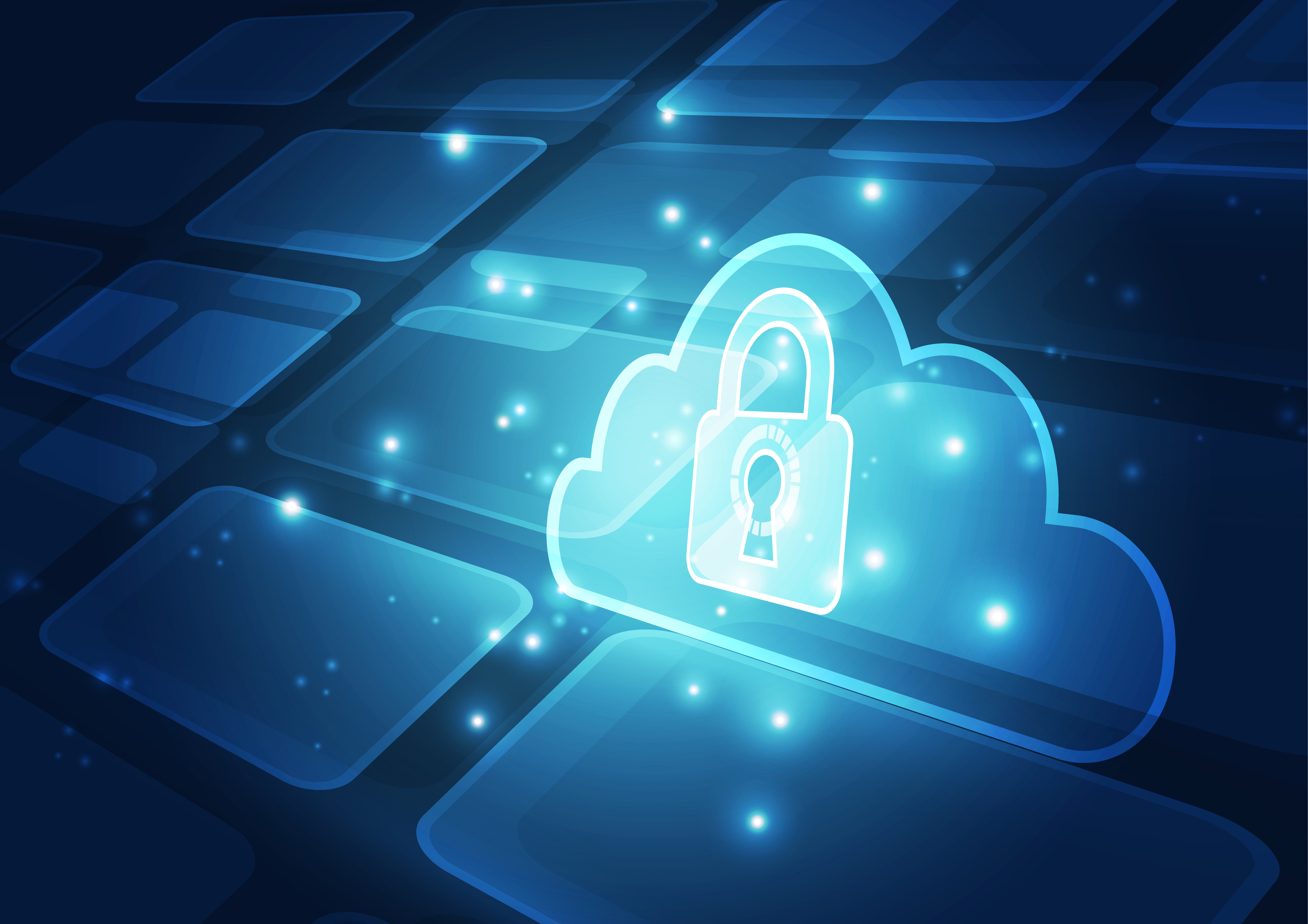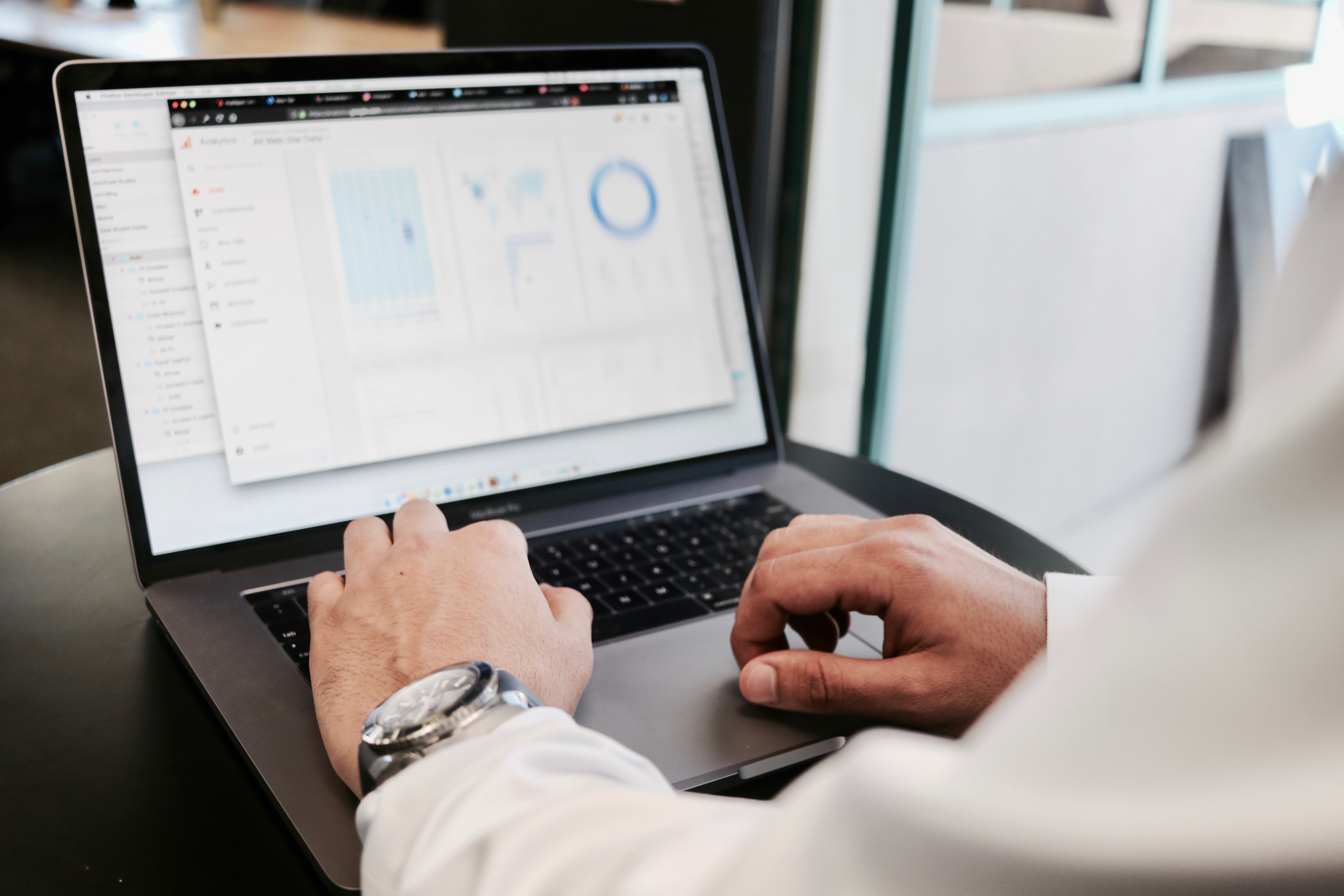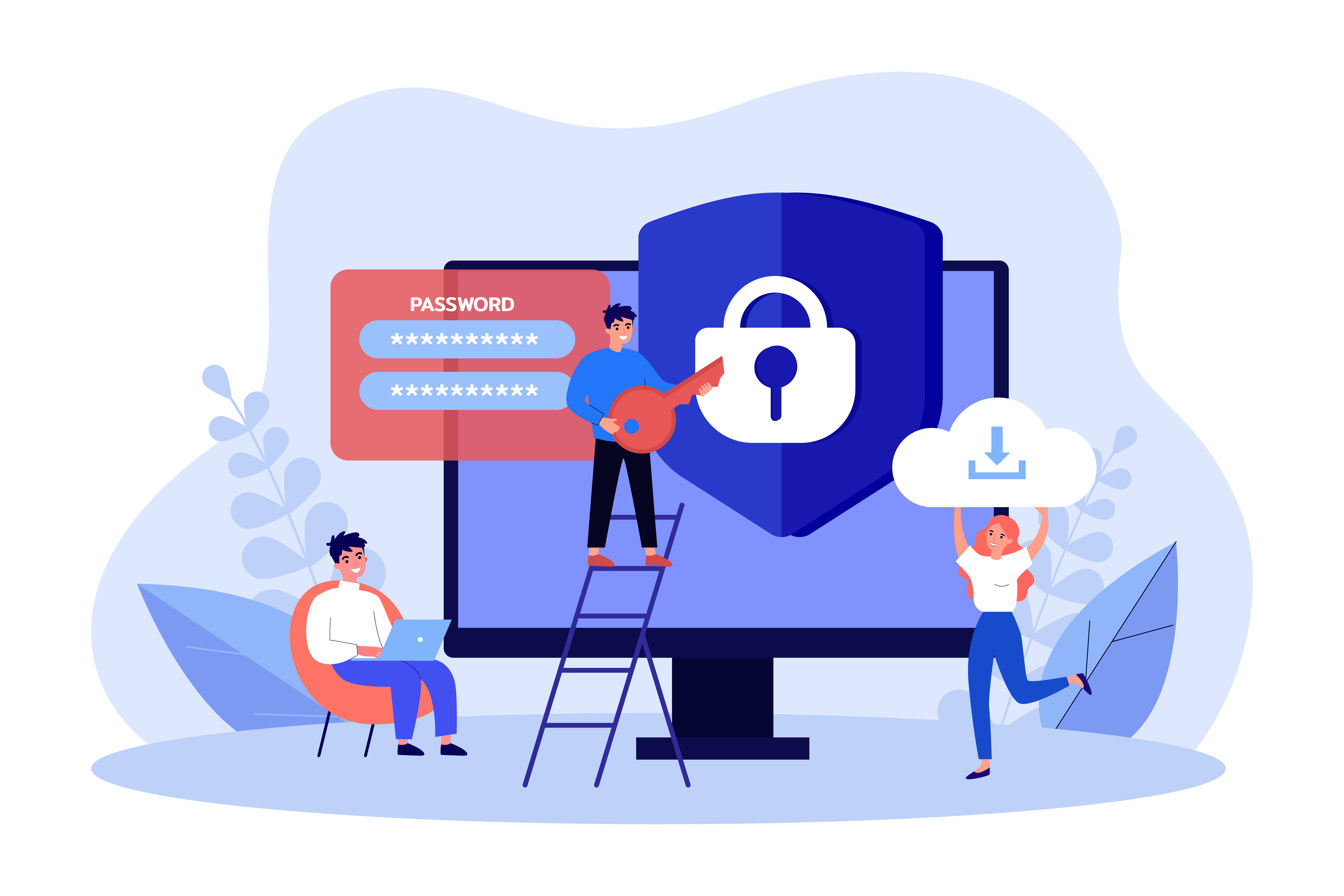Keeping Your Data Secure Within the Cloud
As we’ve recently touched upon the processes involved in migrating your business’ IT needs to a cloud-based infrastructure, today we will further...
We kick the month of April off in jovial form with April Fools' Day. However, today, where online trickery can have real consequences, it's important to stay sharp and avoid cyberattacks that are anything but funny. While it's fun to engage in harmless pranks, it's essential to remain vigilant about cybersecurity and IT practices. After all, falling victim to a cyberattack is no laughing matter. So, before you become the butt of a hacker's joke, here are some crucial cybersecurity and IT tips to keep you safe and secure.
Phishing attacks are one of the most common forms of cyber threats. Hackers impersonate legitimate entities to trick individuals into providing sensitive information such as passwords, credit card numbers, or personal details. These attacks often come in the form of emails, text messages, or even phone calls.
To avoid falling for phishing scams:
Software updates are not just about adding new features; they often include crucial security patches to fix vulnerabilities that hackers can exploit. Whether it's your operating system, antivirus software, or applications, make sure to install updates promptly.
Weak passwords are an open invitation to hackers. Avoid using easily guessable passwords like "password123" or "123456." Instead, create complex passwords that include a mix of letters, numbers, and special characters.
Multi-factor authentication adds an extra layer of security by requiring users to provide multiple forms of identification before accessing an account. This typically involves something you know (password) and something you have (e.g. a code sent to your phone).
Data loss can occur due to various reasons, including hardware failure, malware infections, or accidental deletion. Regularly backing up your data ensures that even if something goes wrong, you can restore your important files and documents.
Public Wi-Fi networks, such as those in cafes, airports, or hotels, are often unsecured, making them prime targets for hackers. Avoid accessing sensitive information, such as online banking or email, while connected to public Wi-Fi.
Cybersecurity is everyone's responsibility. Take the time to educate yourself and others about common cyber threats and best practices for staying safe online. Whether it's your family, friends, or colleagues, spreading awareness can help prevent potential security breaches.
Whilst we start the month of April in form, it's essential to remain cautious when it comes to cybersecurity and IT practices. By staying vigilant against phishing attacks, keeping your software updated, using strong passwords and multi-factor authentication, backing up your data regularly, being cautious of public Wi-Fi networks, and educating yourself and others, you can reduce the risk of falling victim to cyber threats. Remember, when it comes to cybersecurity, there's no room for foolishness. Stay safe, stay secure, and don't be a fool this April Fools' Day.
To find out how our cybersecurity experts can help you strengthen your business’ cyber security go to https://fitzroviait.com/contact-us-today or call us on 020 3727 6020.

As we’ve recently touched upon the processes involved in migrating your business’ IT needs to a cloud-based infrastructure, today we will further...

COVID-19 saw huge changes in the structure of the workforce, with 557 million workers swapping their usual offices for home offices in the second...
 Read More
Read More